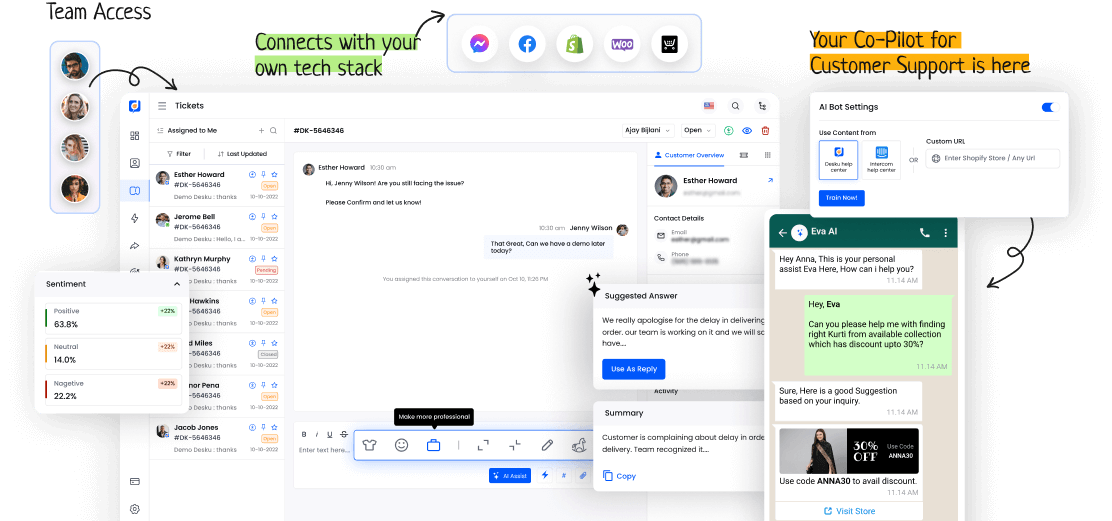In today's fast-moving business world, call center automation is rising. This fresh method uses technology to streamline work and enhance customer talks. With automated solutions, firms can reach improved efficiency and raise customer contentment levels.
Yet, the depth of call center automation goes beyond just digitization. It includes a range of possibilities that reshape the usual customer service models. Grasping the subtle benefits and hurdles of this game-changing tech is vital for companies wanting to stay ahead in a forever shifting market.
I. Understanding Call Center Automation
Call center automation is when businesses use tech and software to make customer service better. It helps get rid of repetitive tasks. This makes work more productive, cuts costs, and lets resources be used better.
Customers get quicker responses and are happier. Because of automation, call center workers can deal with harder questions. This makes the customer's experience better overall.
II. Benefits of Automating Call Centers
Call centers see many benefits from automation. It brings better efficiency and customer happiness. With automation, call centers can make processes simpler. It can cut down waiting times. This enhances the customer experience.
Better efficiency lets agents concentrate on tougher questions. This leads to faster issue solving. In the end, customers are happier. This is because interactions are more personalized and swift.
III. Implementing Call Center Automation Technology
Using high-tech solutions in call center work is key. It makes work smoother and customers happier. It can cut costs and make the customer experience better. Tools for tasks like directing calls and entering data let agents tackle harder customer questions. This makes work faster and service better.
| Why Use Call Center Automation |
|---|
| – Makes Work Faster |
| – Cuts Costs |









